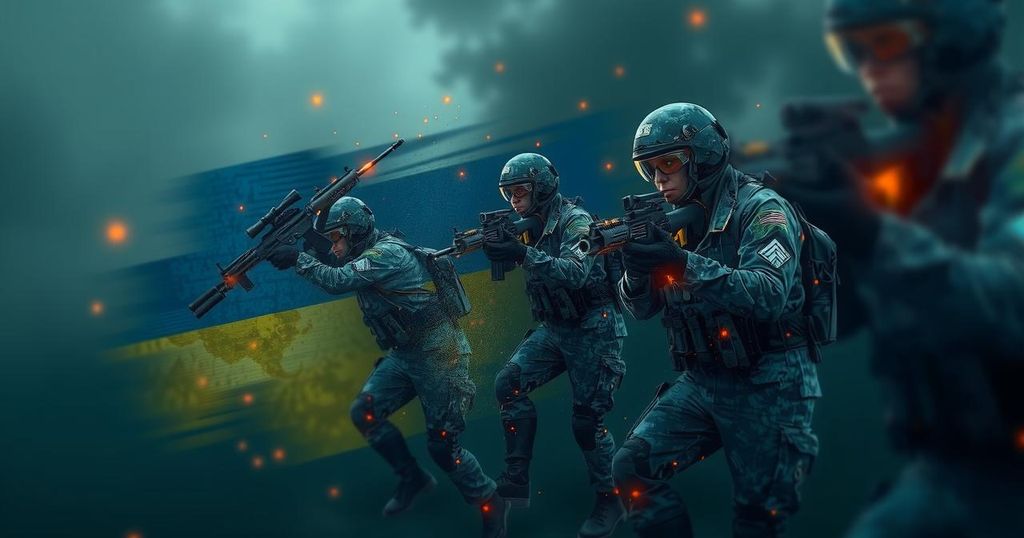Shifts in the Ukrainian Crisis: The Impact of North Korean Troops and Trump’s Election

The arrival of North Korean troops to assist Russia and Donald Trump’s election have significantly altered the dynamics of the Ukrainian crisis. North Korea’s involvement marks the first East Asian military intervention in a European conflict, while Trump’s anticipated strategies may lead to new diplomatic avenues. The combination of these events presents both risks and opportunities as all parties involved strive to assert their positions in the ongoing conflict.
Recent events have significantly impacted the ongoing Ukrainian crisis, notably the arrival of North Korean troops in Russia and Donald Trump’s election as President of the United States. These developments have internationalized the conflict, with North Korea committing approximately 10,000 troops and weapon supplies to assist Russia. This marks a historic shift in power dynamics, as it introduces East Asian intervention into a European conflict, contrasting with the historical norm of Western interventions in Asia. In response, President Joe Biden has permitted Ukraine to utilize long-range American ATACMS missiles to target Russian positions, a decision described as belated and unlikely to alter the conflict’s trajectory but indicative of deeper U.S. involvement. The situation is further complicated by Trump’s return to leadership, who prioritized resolving the Ukrainian crisis during his campaign. Ukrainian President Volodymyr Zelensky has recognized the potential for a shift in strategy with Trump and has expressed appreciation for the concept of “peace through strength.” This term, echoed by former National Security Adviser Robert O’Brien, emphasizes a proactive military support strategy, proposing that European allies finance lethal aid to Ukraine while simultaneously maintaining diplomatic avenues open with Russia. This combination of recent actions presents both risks and opportunities, as all involved parties seek to solidify their positions in anticipation of future negotiations.
The Ukrainian conflict has persisted for over a thousand days, leading to substantial loss of life and significant geopolitical tensions involving nuclear powers. With the involvement of North Korean troops and Trump’s promise to reassess U.S. strategy towards Ukraine, the crisis has entered a critical phase. The dynamics of international intervention have shifted, whereby traditional Western involvement is now met with contributions from East Asian forces, marking an unprecedented geopolitical development. Moreover, the implications of American leadership pivoting back to Trump highlight the burgeoning negotiations that may reshape strategies in the region. Both military and diplomatic strategies are now key components of Ukraine’s relationship with the U.S. and its European allies, reflecting changing priorities in the global landscape.
The geopolitical landscape of the Ukrainian conflict has been dramatically altered by the arrival of North Korean troops and the election of Donald Trump as President. These developments signify a new era of international engagement in the conflict, presenting both opportunities and challenges for Ukraine and its allies. As military strategies evolve and diplomatic efforts loom, the outcome of this international engagement remains uncertain. The pursuit of ‘peace through strength’ may define the next phases of negotiation, determining the future stability of Ukraine.
Original Source: www.lemonde.fr







